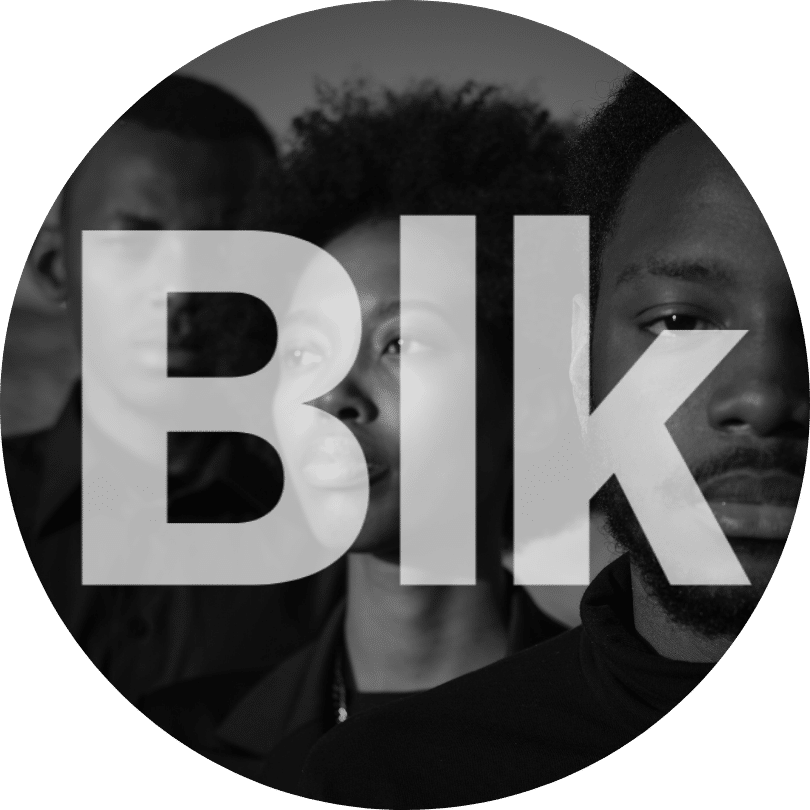World Afro Day has become a global movement advocating for the celebration of Afro hair while addressing hair-based discrimination. Since its inception, this annual event has garnered worldwide support from individuals, schools, governments, and celebrities. The initiative promotes not only the beauty of Afro-textured hair but also the need for greater societal and legislative efforts to combat discrimination. Here’s a closer look at the origins, global participation, and impact of World Afro Day.
Origins and Purpose of World Afro Day
World Afro Day was founded in 2017 by British activist and filmmaker Michelle De Leon. Her vision was to create an event that celebrates the beauty, diversity, and cultural significance of Afro-textured hair. The day was established to address the systemic discrimination individuals with natural Afro hair often face in schools, workplaces, and society at large. By bringing awareness to these issues, De Leon hoped to inspire self-love and acceptance among people with Afro hair.
In the same year of its founding, World Afro Day received international recognition when it was endorsed by the United Nations, marking its significance as a global movement focused on promoting inclusion and combating hair discrimination. This global support has positioned the day as a key event for raising awareness and inspiring action on hair bias issues.
Global Participation
World Afro Day has rapidly expanded its reach, with celebrations taking place across various countries. The day is marked by hair shows, educational workshops, and public awareness campaigns, all designed to encourage people to embrace their natural Afro hair. These events seek to challenge harmful stereotypes surrounding Afro hair while promoting positive representations of Afro-textured hair in media and society.
Schools play a significant role in the movement. Educational programs that teach students about the history of Afro hair and its cultural importance are organized worldwide, particularly in the UK, US, and African nations. Schools host discussions, learning activities, and even hair shows to raise awareness about hair diversity and inclusion. Social media campaigns are also integral to World Afro Day’s success. Hashtags and viral campaigns amplify the message globally, with individuals sharing personal stories, photos, and experiences related to their natural hair.
Advocacy Against Hair Discrimination
One of the central missions of World Afro Day is advocating against hair discrimination, particularly in schools and workplaces. Afro hair bias remains entrenched in many societal norms, with natural hairstyles like Afros, braids, and locs often being viewed as “unprofessional” or “untidy.” World Afro Day challenges these perceptions by advocating for policy changes and fostering conversations about the harmful effects of such biases .
Workplace discrimination based on Afro hair remains a major issue, with individuals often facing pressure to conform to Eurocentric beauty standards by straightening their hair or wearing wigs. Through its advocacy, World Afro Day pushes for non-discriminatory policies that allow individuals to express their cultural identity without fear of professional or social repercussions.
Celebrity and Influencer Involvement
The involvement of celebrities and influencers has helped raise the profile of World Afro Day significantly. High-profile figures such as Lupita Nyong’o, Tracee Ellis Ross, and Janelle Monáe have used their platforms to champion the cause, advocating for the beauty and acceptance of natural Afro hair. These stars have been vocal about their own experiences with hair discrimination and the importance of embracing natural beauty .
Cultural icons, fashion influencers, and political leaders also lend their voices to promote the cause. Their public endorsements bring widespread attention to World Afro Day and encourage societal change, motivating others to join the fight against hair discrimination .
Education and Cultural Awareness
Education is a key component of World Afro Day’s mission. One of the event’s primary objectives is to dismantle harmful stereotypes about Afro hair through informative and engaging educational initiatives. These initiatives emphasize the rich historical and cultural significance of Afro-textured hair, fostering greater understanding and appreciation .
Interactive workshops, often hosted by schools and communities, offer guidance on Afro hair care and provide insight into the cultural importance of natural hair in Black and Afro-descendant communities. This educational focus not only raises awareness but also promotes a positive narrative around Afro hair, helping to combat ignorance and prejudice .
Legislative Impact
World Afro Day’s advocacy efforts have contributed to significant legislative changes, particularly in the fight against hair discrimination. One of the most notable achievements is the support for the CROWN Act (Creating a Respectful and Open World for Natural Hair) in the United States. This legislation, passed in several U.S. states, protects individuals from discrimination based on natural hair textures and styles in schools and workplaces. The success of the CROWN Act serves as an example for other countries to follow in implementing similar legal protections .
As awareness of hair discrimination continues to grow, there is increasing momentum for similar legislation in other parts of the world. World Afro Day plays a crucial role in advocating for these legal changes, pushing governments to promote inclusivity and equality.
World Afro Day has emerged as a powerful movement dedicated to celebrating Afro hair and combating discrimination on a global scale. Through international recognition, the event has shone a spotlight on the biases faced by individuals with natural Afro hair in various social and professional environments. By promoting education, advocacy, and legislative reform, World Afro Day continues to drive positive change and encourage greater acceptance of Afro-textured hair worldwide. Through the support of individuals, schools, and celebrities, this movement aims to eradicate hair-based discrimination and inspire pride in natural beauty across the globe.







